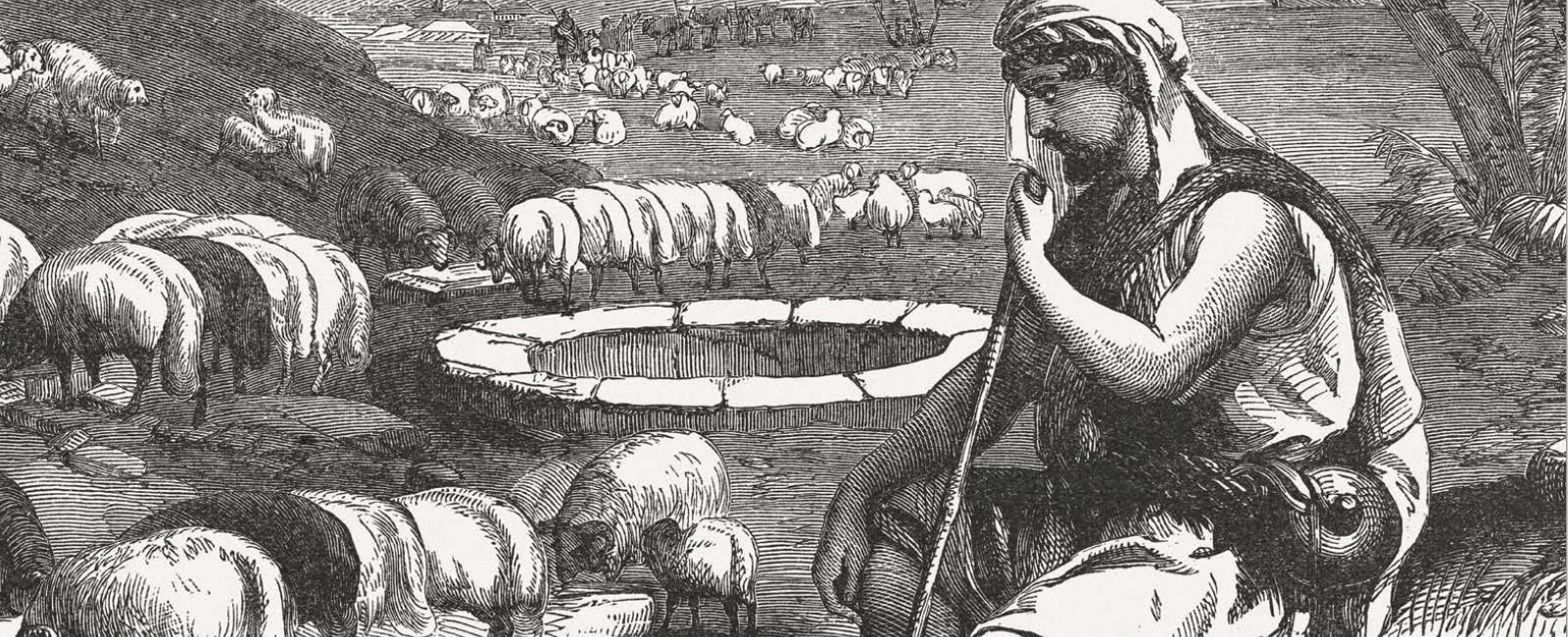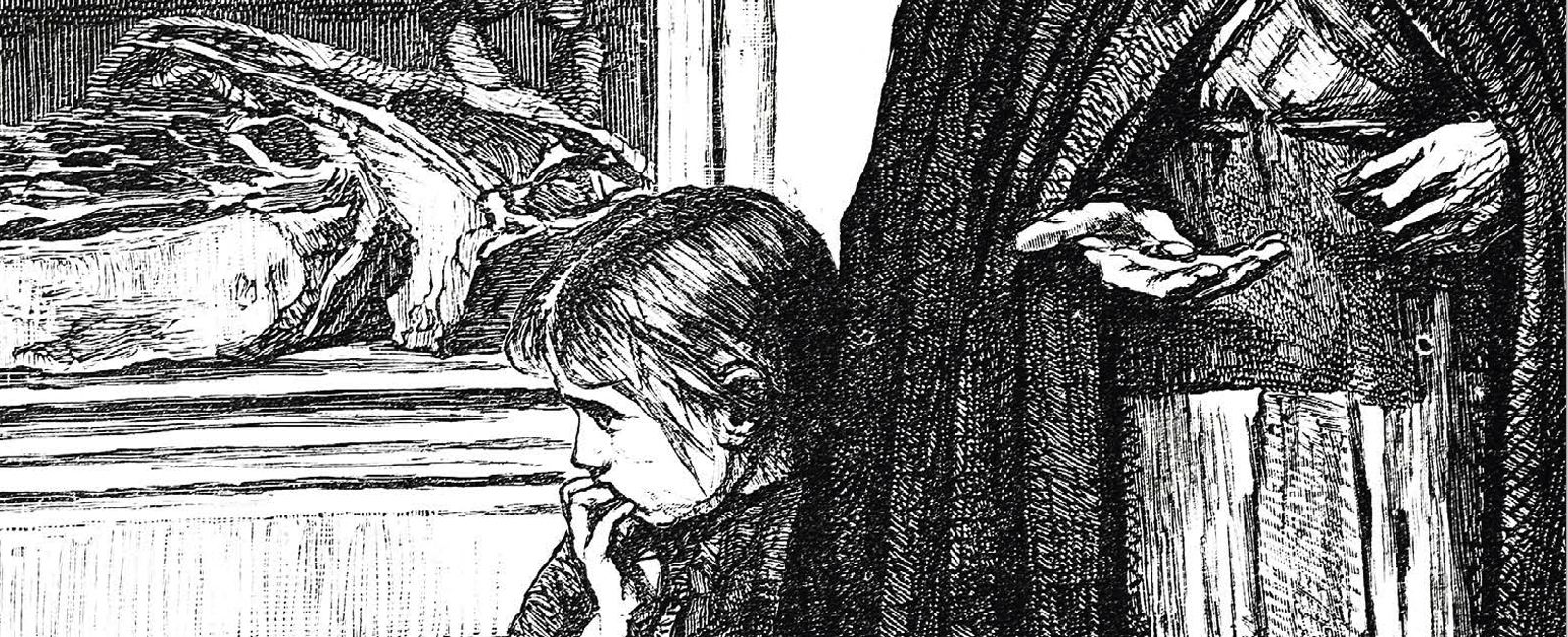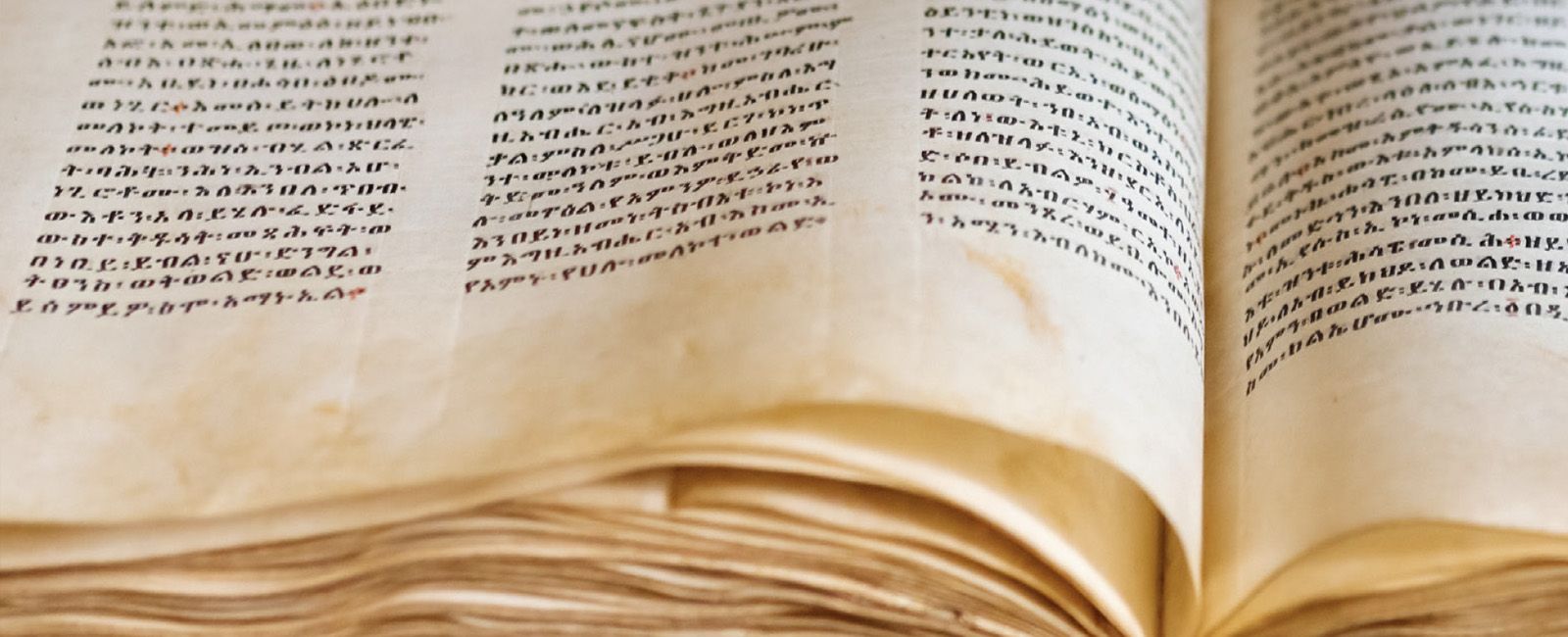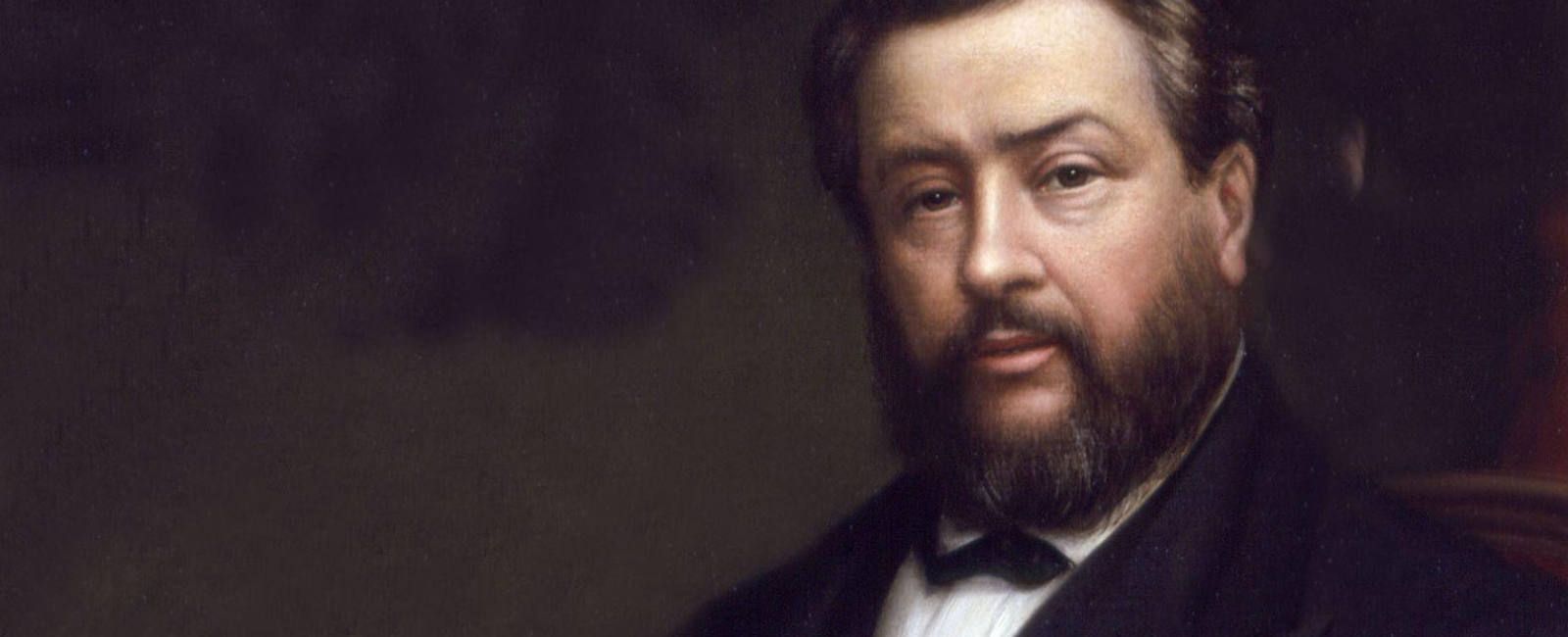His Own Medicine

The following teaching on the life of Jacob is an abbreviated version of His Own Medicine, by Watchman Nee. The full article may be accessed online at sermonindex.net
When we look at Jacob the man (as recorded in Genesis chapters 25-50), we discover how strikingly his history is like our own. Before God has begun to deal with us we are inclined to take a rather superior attitude to Jacob, and judge him as self-willed and irresponsible. But when we begin to recognize the flesh in ourselves and our own weakness and sinfulness and self-will, then it is that we see Jacob in ourselves. And when we come to the last seventeen years of his life, and watch his whole words and demeanour, we must praise God’s grace in the man. It is hard to find any in the Old Testament with an end like his. It can move us to tears to see how wondrously God has worked in him and how grace has led him to a place of usefulness. A seemingly hopeless man has been made into a most useful vessel for God’s purpose.
Yet the whole fruitfulness in Jacob was the result of God’s discipline of him. God touched his natural strength, and as a result he became in due course a vessel unto honour. It is as the Spirit disciplines us that He works Christ into us; they are not two separate works. The life of Christ is wrought into the character of the disciple, and fruit is born naturally, spontaneously. So, we have much to learn from Jacob.
We can recognize four stages in Jacob’s life. First, the man Jacob as he was (Genesis 25-27). Secondly, his testing and discipline through circumstances (Genesis 28-31). Thirdly, the dislocation of his natural life (Genesis 32-36). Fourthly, the ‘peaceable fruit’ (Genesis 37-50).
We begin by looking at the character of Jacob the man. By natural instinct Jacob was a fighter from birth (Genesis 25:22-26). How different he was from Isaac! Isaac did nothing; he accepted and received everything. Jacob from beginning to end is a schemer, clever, wily, confident that he can do anything. How is God going to bring such a man to the place of being a vessel for His purpose?
We cannot give a rational answer to that question. Only the grace of God can account for his choice of this one. “For the children not yet being born, nor having done any good or evil, that the purpose of God according to election might stand, not of works but of Him who calls, it was said to her [Rebekah], ‘The older shall serve the younger.’ As it is written, ‘Jacob I have loved, but Esau I have hated’” (Romans 9:11-13). The election of God is the only explanation; there is no other. God wanted to choose a man. We must believe in the choice of God. If He has begun a good work in us He will not leave it half done.
It was the will of God that Jacob should rule. Jacob discovered that. He learned of God’s plan and recognized its true importance, and that it involved him and not his brother. He saw God’s election and God’s purpose, but he wanted to make sure of it himself. So in their youth, when Esau returned one day from hunting, Jacob bargained with him for his birthright. “Let me be the elder, and you shall be the younger,” he declared (Genesis 25:29-34). He used his own wits to get what God had fully intended to give him.
Then in Genesis 27 Jacob cheated his father (Isaac) in order to secure his father’s blessing. We can, of course, see Jacob’s ‘problem.’ Isaac had sent Esau to hunt, with a view to giving him his blessing. If that happened, and Esau received the blessing of the first-born, then what about God’s promise? Jacob had seen the design behind that promise, and so he saw the danger too. He must somehow contrive that God’s will should be done. From his point of view he was quite right, but this was the reasoning of the natural man. Each thing Jacob did, we find, was designed to accomplish God’s will. Jacon showed, however, that he could not wait for God’s time and look to God to do it but must himself devise measures to bring about what it appeared as though God could not do.
Our natural man uses human strength and ingenuity to accomplish the will of God. If God’s throne seems in danger of falling, out goes our hand to steady it. “Something must be done!” we exclaim. That is Jacob, the able, scheming, clever, natural man. But the result of his efforts was only that Esau felt himself cheated and determined to kill Jacob, and Jacob had to leave home.
Through discipline God gave him the blessing he had cheated to obtain. Already at Bethel, before he had even left the land, his life of discipline began (Genesis 28:10-22). God spoke to him in a dream. He could not speak to Jacob directly while he was trusting in his own plans.
But now look what God says to Jacob! “I am the LORD God of Abraham your father and the God of Isaac; the land on which you lie I will give to you and your descendants. Also your descendants shall be as the dust of the earth; you shall spread abroad to the west and to the east, to the north and south; and in you and in your seed shall all the families of the earth be blessed” (Genesis 28:13-14). It would not surprise us if God had said these words at the end of Jacob’s life, but here they are at the very outset! The whole blessing is presented to him, even while he is still his natural, contriving, crafty self. How is this possible? Surely only because God knew Himself. He had great confidence in what He Himself would do. He knew that this Jacob, so committed to Him, could not escape His hands, and sooner or later would become His vessel unto honour.
Twenty-one years later when Jacob came back to Bethel, he was a different man, and God knew this would be so. What is not accomplished in ten years, will be in twenty. At the end of that time, God is still holy. He has not forgotten, and He never approved of Jacob’s action. Jacob was foolish but God had His plans.
From Bethel onward Jacob was in God’s hand, and twenty years of discipline wrought the change in him. But here, at the outset of the journey, he as yet did not know the meaning of the promise. From Genesis 28:16-17 it seems that, on waking, Jacob had forgotten what God had said, and was only afraid because he had slept at the gate of heaven. The promise was secondary. He was afraid of God. Then Jacob spoke to God (verses 20-22): “Then Jacob made a vow, saying, ‘If God will be with me, and keep me in this way that I am going, and give me bread to eat and clothing to put on, so that I come back to my father’s house in peace, then the LORD shall be my God. And this stone which I have set as a pillar shall be God’s house, and of all that You give me I will surely give a tenth to you.’” What a contrast this is to God’s unqualified words to him. Jacob says, “If…if…if…then.” We see here what Jacob’s desires were, namely, food and clothing. He had lost sight of God’s purpose. But surely here we can already detect God’s discipline. For he was young, the beloved of his mother; and now he was alone, knowing nothing of his future. Even in this situation his chastening had begun. He wanted food and clothing, and to return to his home! “And of all that You give me I will surely give a tenth to You” (Genesis 28:22). That is Jacob! If you give me all this, then I will give you a tenth! He wanted to do business, even with God. Everything for him was on a commercial basis.
Yet this was also Bethel. Although Jacob could not rise to God’s promise, yet from that time, to Jacob He was the God of Bethel. A great impression was made on Jacob there.
Now Jacob comes to Haran, and in Genesis 29:9-11 we read how Rachel was the first one of his relatives to meet him. Again we see God’s discipline at work, for the first thing he did was to weep. She awoke in him memories of his past, and of the way he had come. Before he left home he had been hard; there had been plenty of ways of keeping himself from tears. It is those who have no way out of their situation who weep. Jacob’s course had led him from riches to poverty. Again God had touched and chastened him.
But there was still more to come. Jacob served his relative Laban seven years for the hand of his daughter Rachel, his first love, and then Laban cheated him! He gave him Leah instead. It is always very bitter to take your own medicine! So Jacob served another seven years, fourteen in all, for Laban’s two daughters. He went out to keep the sheep, and Laban changed his wages ten times. Thus Jacob was put through the fires of discipline, tested and tried, but with the hand of God always upon him. For God had promised to bring him back home.
Jacob acknowledged the hand of God. Though through all the years he had not mentioned God’s name, yet at last, with the birth of Joseph, he thought of home and sought to return (Genesis 30:25). But now he could not get away! He was in fact compelled to stay on with such a man as Laban for twenty long years.
What God’s hand does is right. Circumstances are His appointment for our good. They are calculated to undermine and weaken the especially strong points of our nature. It may not take Him as much as twenty years to do this, or it may take longer. Yet God knows what He is doing. We see this clearly at the end of Jacob’s life. Earlier he had inspired little affection in anyone, for everyone had to serve his ends; yet at the last he became gentle and lovable.
There is nothing accidental in the life of the believer. We may not welcome the discipline, but it is designed in the end to make us partakers of His holiness.
“In this you greatly rejoice, though now for a little while, if need be, you have been grieved by various trials, that the genuineness of your faith, being much more precious than gold that perishes, though it is tested by fire, may be found to praise, honour and glory at the revelation of Jesus Christ” (1 Peter 1:6-7).
Watchman Nee (1903-1972) was a Chinese believer whose burden for a genuine local church life permeated his preaching ministry and writings. He is perhaps best known for the book, The Normal Christian Life, but also has had many other of his messages put into print by believers. Upon the rise of the Chinese Communist Party in the late 1940’s and early 1950’s, persecution against Christians in China increased rapidly. In 1956, Watchman Nee was sentenced to 15 years in prison. He was never released. He entered the presence of the Lord, while still a prisoner, on May 30, 1972.









